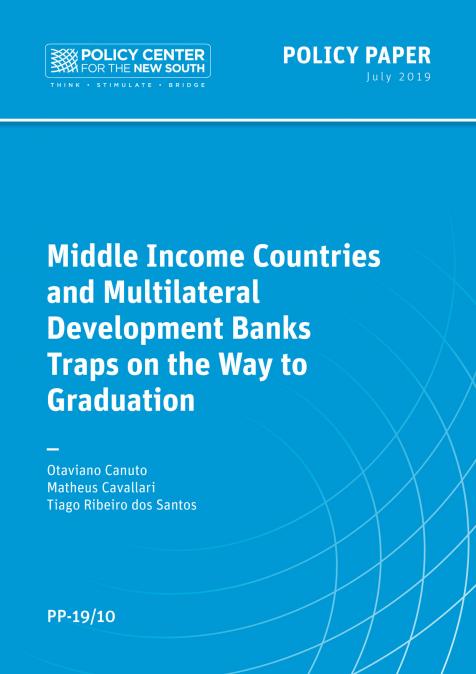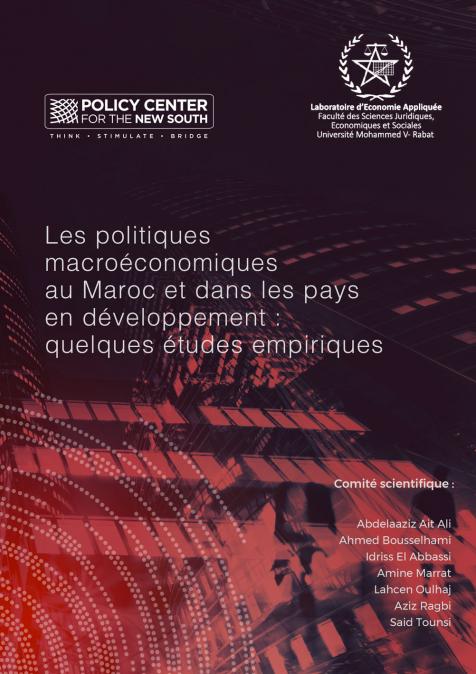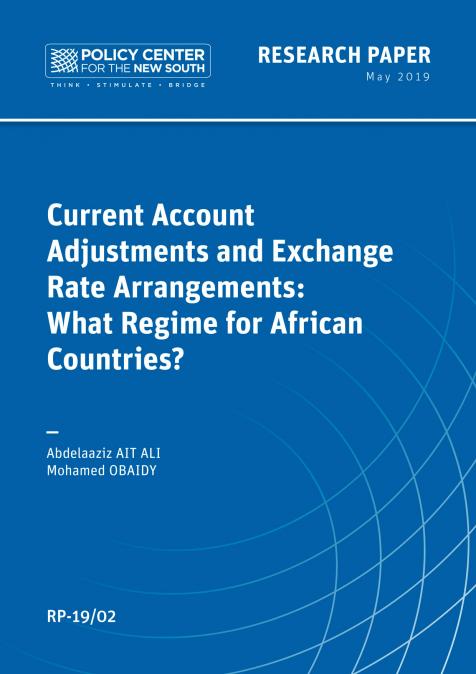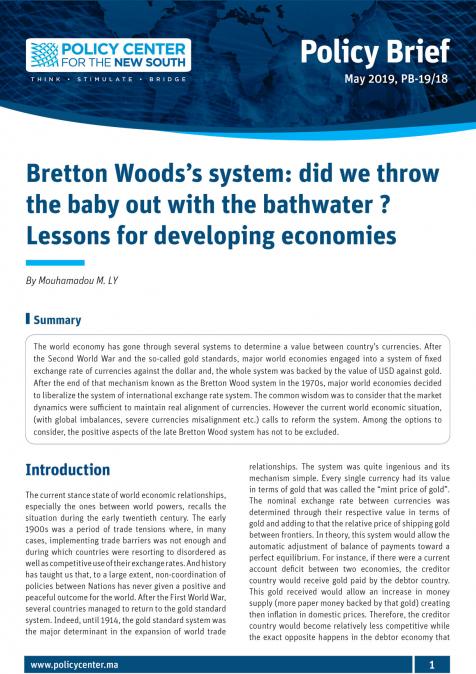There remains tremendous uncertainty and prospects of a post-pandemic recovery vary greatly across countries, as it is bound to happen at different paces. And the divergence of per capita incomes in the world is rising as an aftermath of the pandemic. The pandemic will leave scars in labor markets and income distribution, besides higher public debts as a legacy. A higher pace of automation of jobs, as well as a partial reversal of globalization are also to be expected.
Speakers

Otaviano Canuto
Senior Fellow
Senior Fellow at the Policy Center for the New South, Affiliate Professor at Mohammed VI Polytechnic University and Non-Resident Senior Fellow at Brookings Institute. Former Vice President and Executive Director at the World Bank, Executive Director at the International Monetary Fund (IMF) and Vice President at the Inter-American Development Bank.
...









